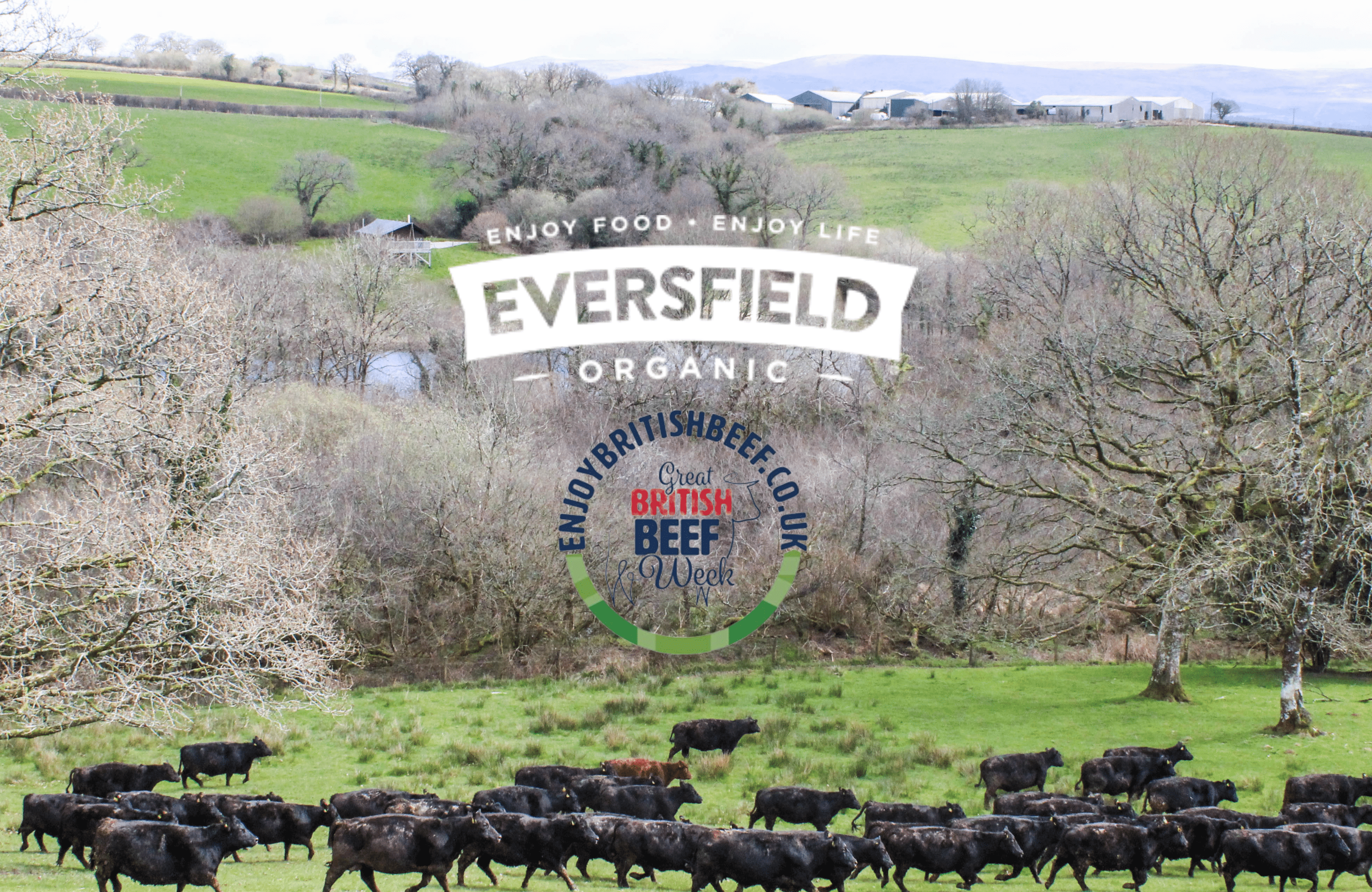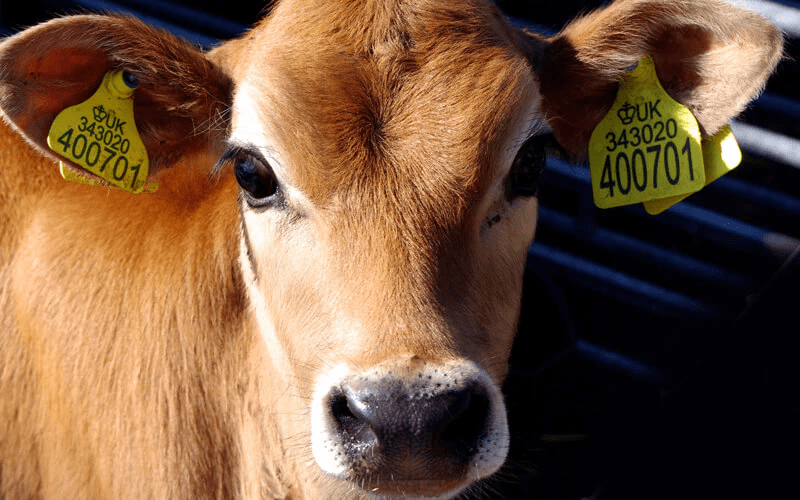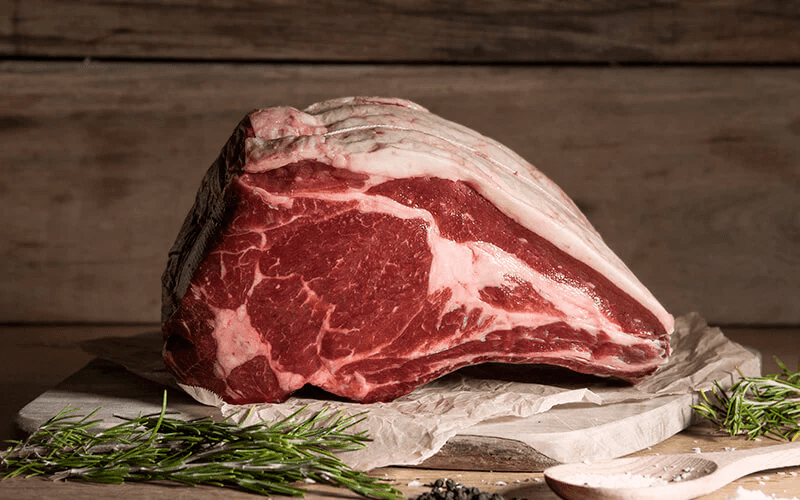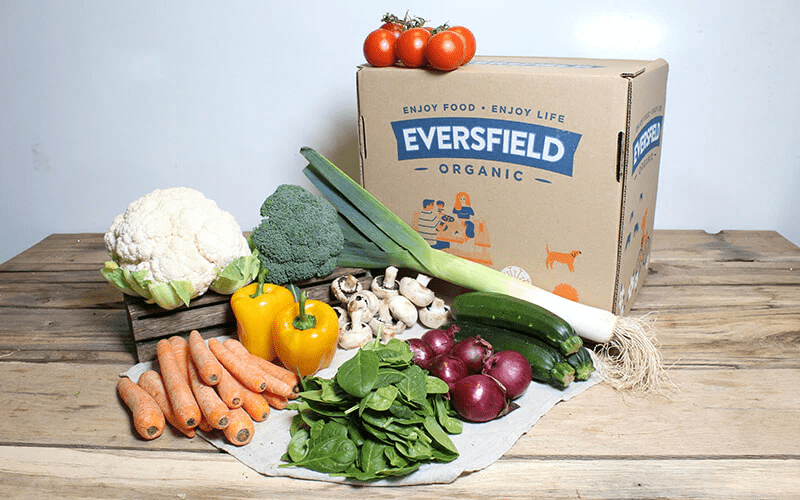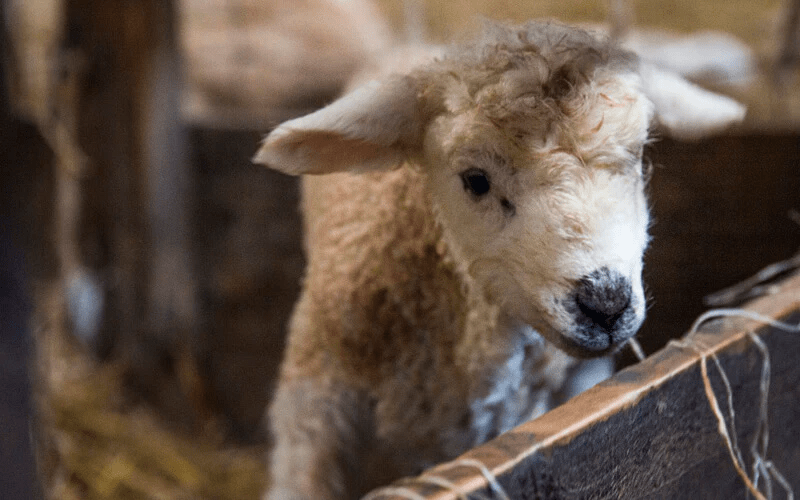The Hungry Gap: How Organic Farming Can Help
Life isn't easy for British farmers at the best of times. Trudging through squalor no matter the weather and rising at the crack of dawn to feed countless hungry mouths. So what is the hungry gap and how does it make farmers lives even tougher?
The "hungry gap" is the time between late winter and early spring when fresh produce is scarce in the UK. During this time, many crops that were harvested in the fall have been used up, and new crops have not yet had a chance to mature. This results in difficulty for the public to access fresh, healthy food, particularly those who rely on locally sourced produce.

How can organic farming help combat the hungry gap?
Conventional farming practices, which rely heavily on chemical fertilizers and pesticides, can exacerbate the hungry gap. This occurs through the depletion of natural soil nutrients and a reduction in biodiversity. In addition, many conventional farming practices can contribute to climate change through greenhouse gas production. This can also have a knock-on effect in the availability of fresh produce.
Organic farming, on the other hand, prioritizes soil health and biodiversity. Organic farmers, such as ourselves, use natural methods to fertilize and protect crops, which helps to maintain the health of the soil and prevent nutrient depletion. We also actively promote biodiversity, nurturing insects, bugs and native wildlife in our market garden. This can help to support a more resilient food system and combat against the hungry gap.

Image: Our Market Garden naturally encourages biodiversity.
How can I fight the hungry gap?
By supporting food producers who rely on organic and ethical methods, you can help to ensure a more consistent supply of fresh produce throughout the year, including during the hungry gap. By choosing to buy from Eversfield Organic, you're contributing to a more sustainable and environmentally friendly food system and strengthening the foundations of our closed-loop sustainability system, whereby we aim reduce food waste and recycle all of our powerful nutrients back into the soil.
An organic soil, means a more resilient base for production. Therefore, even during the hungry gap, our organic soil can still continue to grow award-winning seasonal produce. What's more, you're feeding you and yours with the most nutrient-dense, wholesome and tasty fruit, veggies and grass-fed meat available!

Image: Our soil is the basis of our organic ethos.
So, it's clear that the importance of organic farming for the hungry gap cannot be overstated. By prioritizing soil health and biodiversity, organic farmers are helping to ensure a more consistent supply of fresh produce throughout the year, which can help to support a healthier and more resilient food system. By supporting organic farmers, consumers can help to ensure that fresh, healthy food is available to everyone, even during times when it is traditionally scarce.




